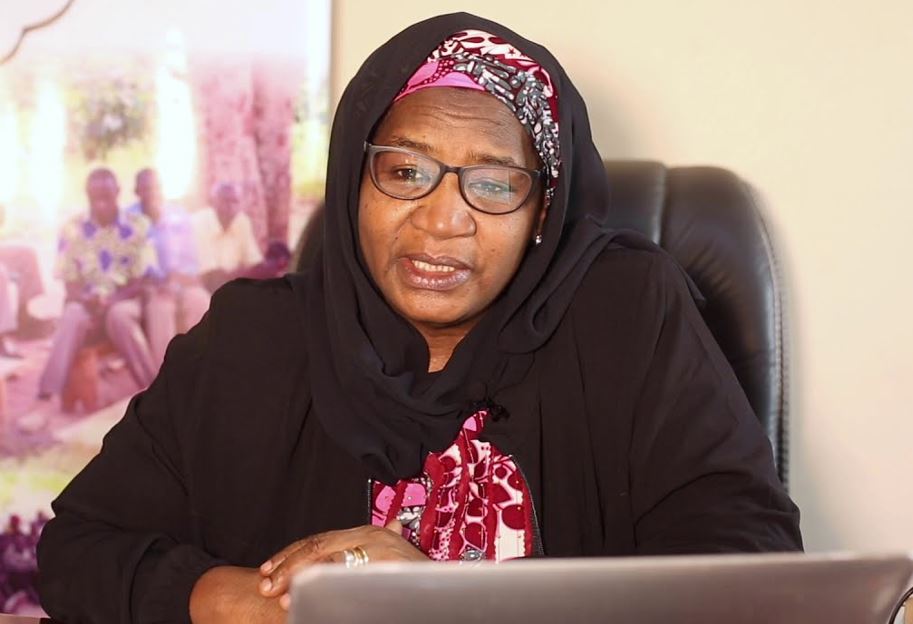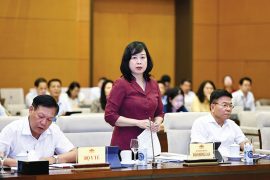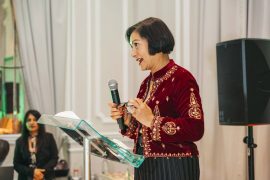A group of women activists have called for the creation of additional special seats for women and other vulnerable groups in the federal and state legislative houses to ensure equitable participation and inclusion.
This is contained in a statement signed by the Secretary-General, Women’s Right Advancement and Protection Alternative (WRAPA), Hajiya Saudatu Mahdi.
“A more sustainable measure is the provision of 30 percent or two-third provision in the constitution as a temporary rule as done in other African Countries like Rwanda, Eritrea and Kenya,” she said.
She said the national assembly called for a public hearing on the 1999 Constitution to amend critical areas of the constitution, and that about 17 items have been identified and the first being gender equity and increase participation of women and vulnerable groups in government.
She said that Nigerian women are demanding a constitution that speaks to the aspiration of Nigerians particularly the women, who have suffered historical marginalization and exclusion.
Mahdi said, “We are demanding for ‘The Constitution that Nigeria Women Want’. We believe that a legitimate constitution is expected to take due account of the socio-economic and cultural realities of its country, reflect the positive values of its culture to guarantee the well-being of its society as a whole and social progress and safeguard social harmony.”
Speaking on gender-sensitive language, the human rights activist expressed concern about the language of the current constitution as largely insensitive to its populace excluding women who constitute half of the population.
She noted that in the current constitution the word ‘he’ is used 235 times while women are referenced only twice.
She said that the constitution Nigerian women want to see should be inclusive in language and representative and are gender-biased and undermine women and girls’ rights and participation, which further hinders inclusive governance in Nigeria
She also listed other areas to be addressed as social-economic rights; citizenship equality; human dignity and the right to private and family life among others.
“The constitution women want requires that the age of adulthood should comply with the regional and national standard of 18 years. So, therefore, section 29 (4b) is a violation of children’s right and should have no place in the constitution Nigerian women want,” she said





Comments are closed.